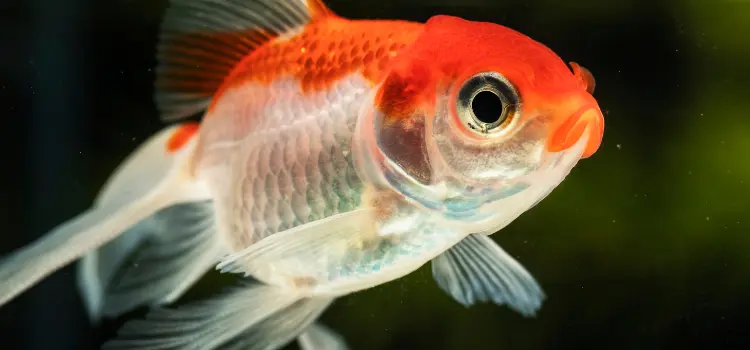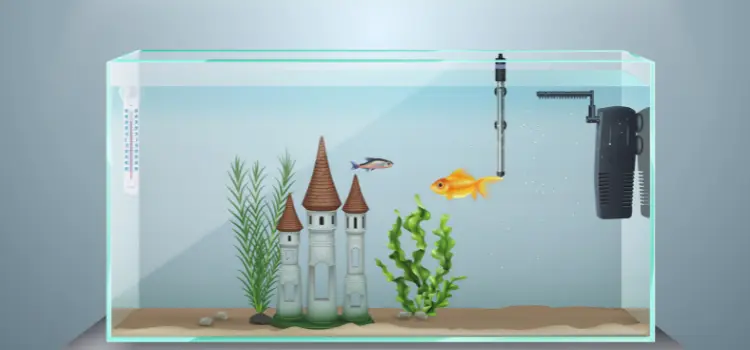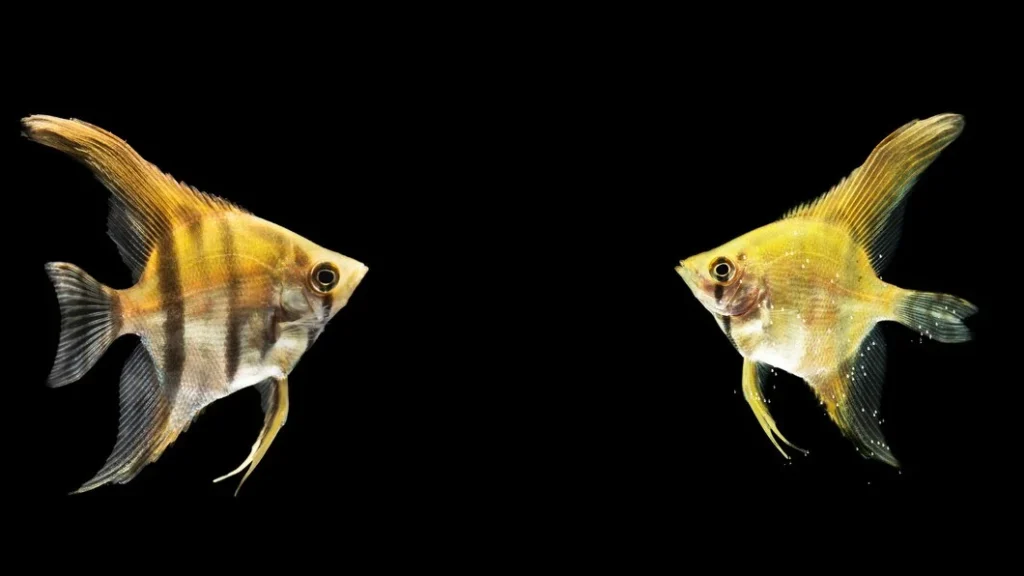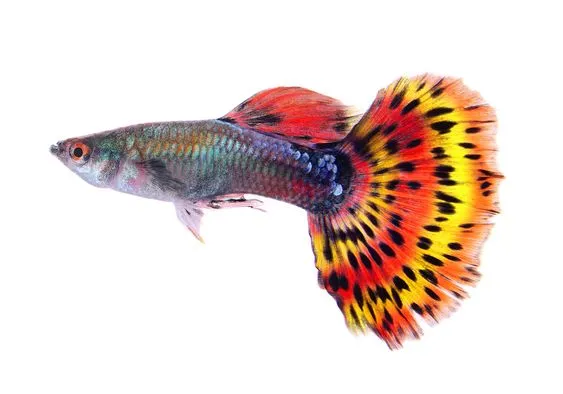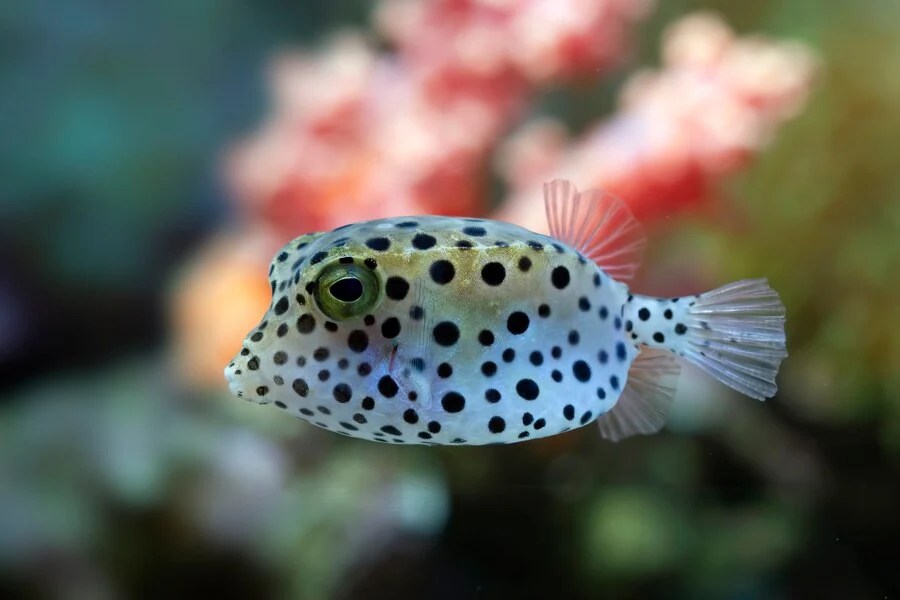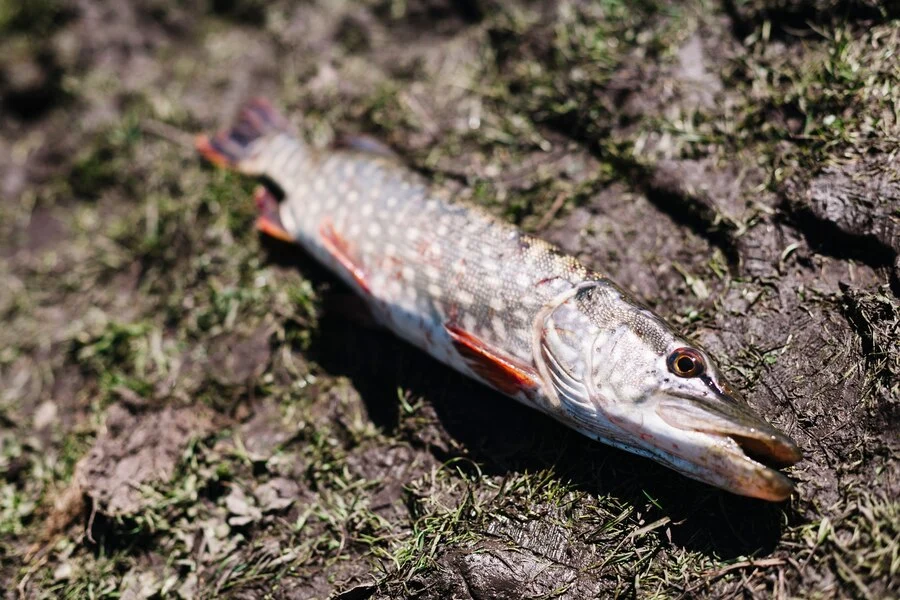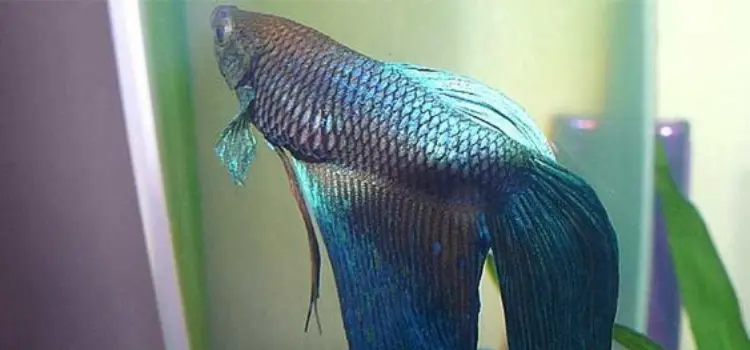Managing Fish Stress
In the realm of aquatic life, the well-being of your beloved pet fish is paramount. Just as in the human world, stress can take a toll on our finned friends beneath the water’s surface. The consequences of fish stress are profound, affecting not only their appearance but also their overall health. We delve into the world of fish stress, its causes, symptoms, and most importantly, how you can mitigate it through impeccable fish care.
What Is Fish Stress?
Certified Aquatic Veterinarian and a distinguished fellow at the World Aquatic Veterinary Medical Association, Stafford, England, provides a succinct definition of fish stress. He states, “Stress is a term we use in vet medicine to describe any condition in the environment that causes the release of cortisol and adrenaline in the body. These substances are associated with the ‘flight or fight’ reaction and help the animal cope with the stressor.”
When stress becomes a constant companion, such as in cases of poor water quality or relentless harassment from aggressive tankmates, the fish’s immune system can become compromised. This unfortunate scenario often results in fish falling prey to diseases such as parasites, bacterial infections, and fungi.
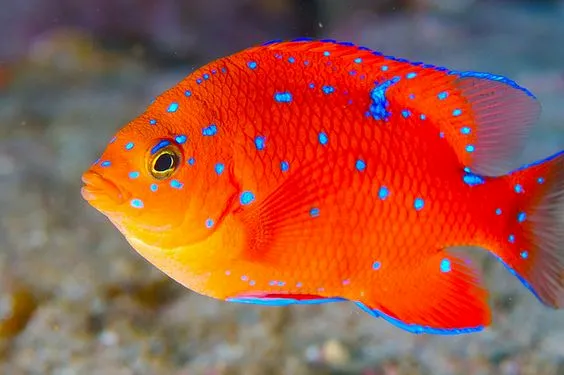
Common Causes of Fish Stress
Understanding the triggers of fish stress is essential for ensuring the well-being of your aquatic companions. Some of the most common causes include:
1. Elevated Ammonia and Nitrate Levels
Frequent water changes are essential to maintaining pristine water quality. Neglecting this crucial aspect can lead to elevated ammonia and nitrate levels, which are particularly harmful to goldfish.
2. pH Fluctuations
Exhaustion of mineral buffers can lead to pH fluctuations, a stressor especially detrimental to Betta fish.
3. Water Temperature Fluctuations
Sudden shifts in water temperature can wreak havoc in your aquarium and are known to be a primary cause of stress in Betta fish.
4. Lack of Hiding Places
Fish require safe spaces to retreat and destress. The absence of hiding places can exacerbate their anxiety.
5. Aggressive Tankmates
The presence of aggressive fish in the same tank can lead to perpetual stress among the other inhabitants.
6. Overstocking
Overcrowding an aquarium is a recipe for poor water quality and decreased oxygen levels, a surefire way to stress your fish.
7. Improper Introduction of New Fish
Adding new fish without proper acclimatization can lead to stress for both new and existing tank inhabitants.
8. Inadequate Tank Size
Cramped quarters can cause chronic stress among your aquatic companions.
9. Poor Nutrition and Feeding Routine
Inconsistent feeding habits or inadequate nutrition can contribute to stress and health issues in your fish.
Recognizing Stressed Fish: Symptoms
To combat fish stress effectively, it’s crucial to be vigilant and spot early signs. Watch for changes in your fish’s behavior and appearance, such as:
- Hiding for Extended Periods: Fish retreating and staying hidden for long durations.
- Erratic Swimming Patterns: Flitting or darting around the tank and crashing into tank objects.
- Gasping for Air: Fish appearing at the water’s surface, gasping for air (a sign of low oxygen levels).
- Scraping Behavior: Fish rubbing against rocks or gravel.
- Loss of Appetite: A sudden decrease in feeding interest.
Additionally, stress can manifest in physical changes, including faded coloration, red streaks in fins, white spots (a potential sign of Ich), or visible ailments and sores. If any of these symptoms emerge, it’s crucial to consult a veterinarian specializing in aquatic health.
Strategies to Reduce Fish Stress
Ensuring a harmonious and stress-free environment for your fish is pivotal. Here are some strategies to help you achieve just that:
1. Regular Water Changes
Frequent water changes are a cornerstone of fish care. They maintain low levels of nitrate and ammonia, key stressors for fish. Consider using water conditioners formulated to reduce fish stress and remove toxins, such as API Stress Coat Aquarium Water Conditioner or API Stress Zyme Aquarium Water Conditioner.
2. Temperature Consistency
Monitor water temperature consistently to prevent sudden fluctuations, a significant stress inducer.
3. Quality Filtration
Invest in a reliable filtration system like the Fluval Underwater Filter, which not only captures debris but also aids in proper oxygenation.
4. Provide Hiding Places
Ensure your aquarium boasts suitable hiding places like the Marina Mangrove Root Aquarium Decor. However, avoid overcrowding, as it can hinder oxygen flow.
5. Thoughtful Tankmates
Before introducing new fish to your community, ensure they are compatible with your existing residents to avoid stress from harassment or aggression.
6. Proper Introduction of New Fish
When adding new fish, acclimate them slowly to the tank’s conditions. This helps both new and current residents adjust and reduces stress.
7. Adequate Space
Follow the general rule: one inch of fish length requires one gallon of water to provide sufficient swimming space.
8. Consistent Feeding
Maintain a regular feeding routine and ensure your fish receive proper nutrition.
By fostering a healthy, stable aquarium environment and keenly observing your fish for any behavioral or physical changes, you can mitigate the risks of fish stress and maintain a serene, thriving aquatic community.
Conclusion
In conclusion, fish stress is a real concern, but with the right care and attention to their environment, you can ensure your fish live healthy, stress-free lives. Prioritizing their well-being is not just a responsibility but also a rewarding experience for any aquarium enthusiast.

